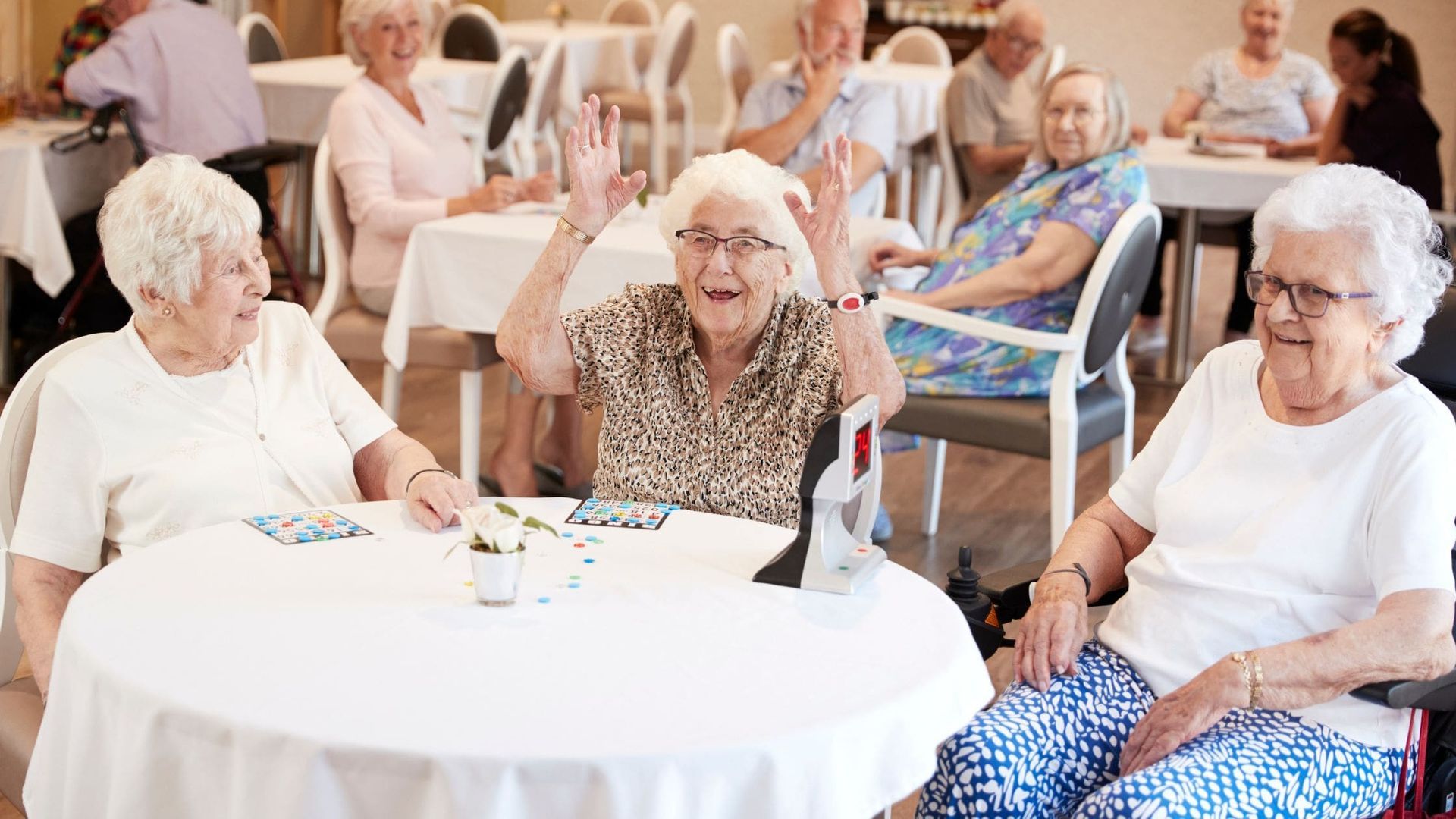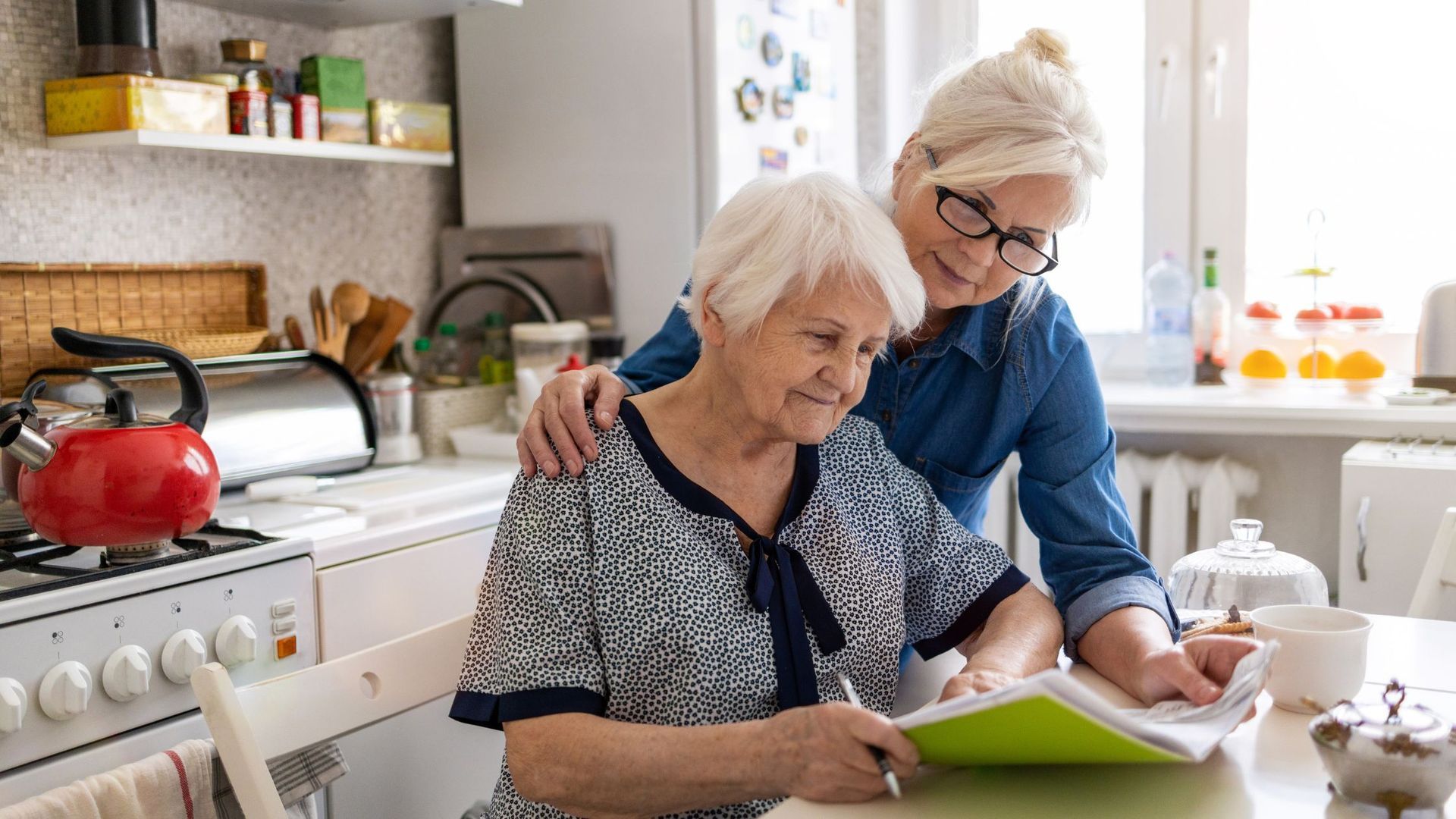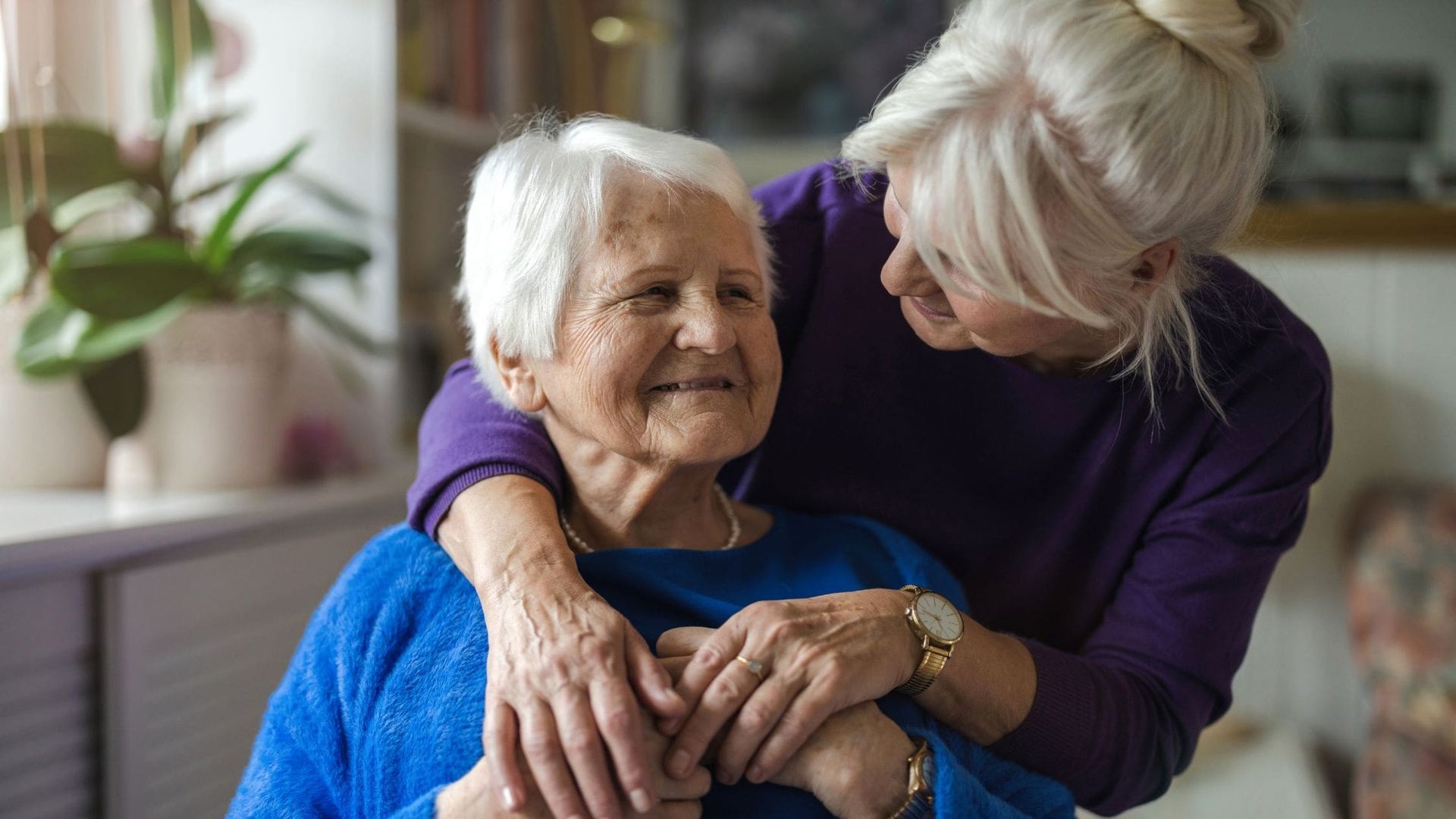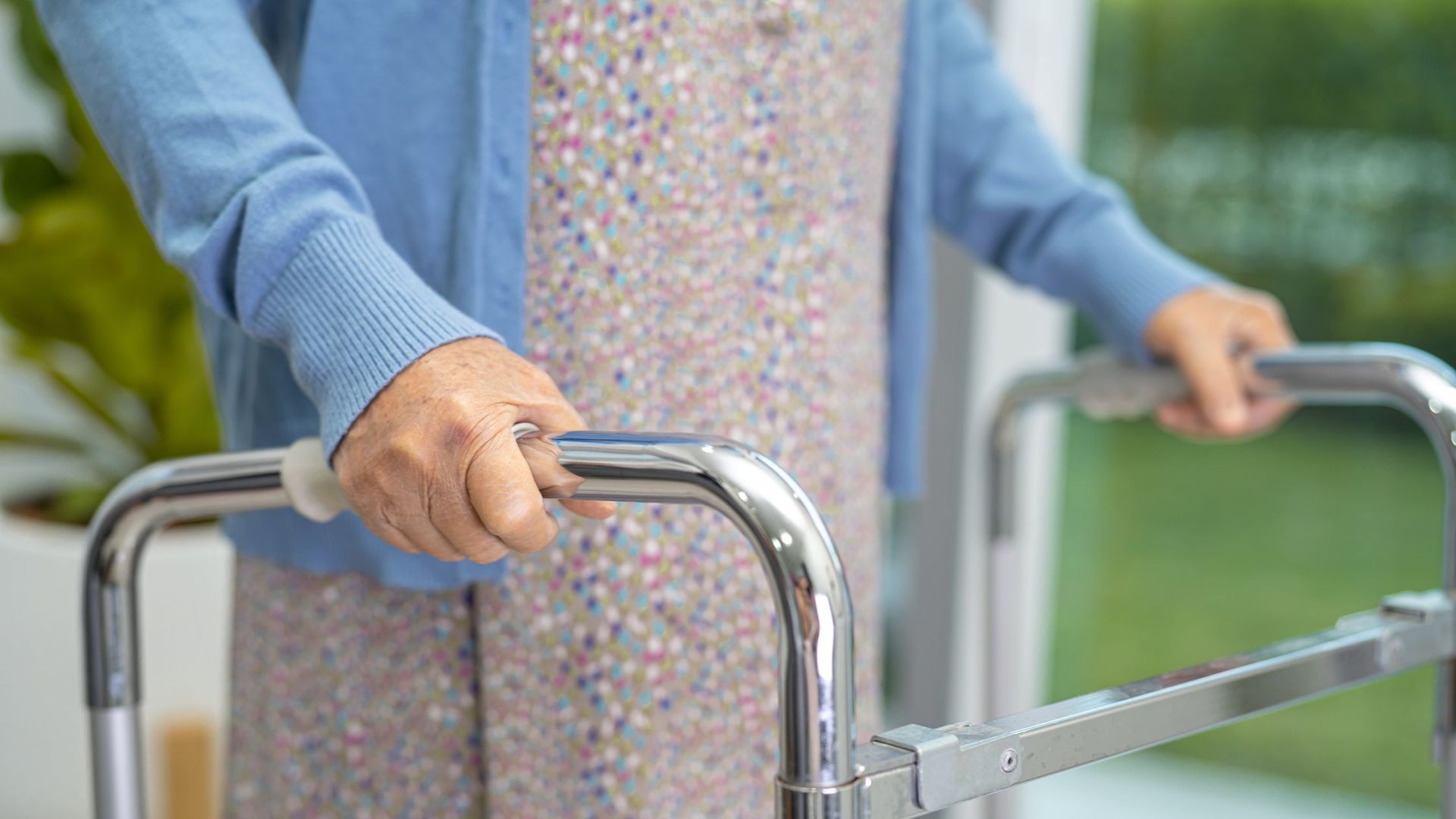The Importance of Having a Backup Caregiving Plan
The recent passing of actor Gene Hackman and his wife has highlighted a critical concern: What happens when a primary caregiver becomes ill or passes away before their loved one? Many families are now grappling with this difficult question, often without a contingency plan in place.
For many seniors, a spouse is their primary caregiver. But if that caregiver is suddenly unable to provide support, what happens next? With nearly 42 million Americans serving as family caregivers, it’s common for one person to shoulder the entire responsibility. Unfortunately, this overwhelming role can lead to burnout, declining health, and unexpected emergencies—leaving their loved one vulnerable and without the care they need.
That’s why establishing a caregiving backup plan is essential. Whether for emergencies, planned respite, or long-term care, having a support system in place ensures your loved one remains safe, cared for, and supported—no matter what life brings.
Creating a Reliable Caregiving Backup Plan
If you are the primary caregiver for a loved one, having a contingency plan in place is essential. Taking proactive steps now can ensure uninterrupted, high-quality care in any situation. Here are some common-sense strategies to help you build a strong support system.
1. Engage Other Family Members
One of the most effective ways to establish a backup plan is by involving other family members who can step in when needed. Ask yourself:
- Who is available to provide care if the primary caregiver is unable to?
- Can family members share responsibilities to help prevent caregiver burnout?
- Is there an emergency plan in place for unexpected situations?
Even if relatives cannot commit to full-time caregiving, regular visits and shared duties can provide much-needed relief for the primary caregiver while ensuring the loved one always has support.
.
2. Explore Professional Caregiving Options
Not all families have relatives who can step in to assist with caregiving. In these cases, hiring a professional caregiver can be an excellent solution, providing peace of mind and ensuring your loved one receives consistent, high-quality care.
Professional caregivers offer:
- Reliable, personalized support tailored to your loved one’s specific needs.
- Help with daily activities such as bathing, dressing, and meal preparation.
- Companionship and social interaction to prevent isolation and loneliness.
- Respite for family caregivers, reducing stress and preventing burnout.
Partnering with a trusted in-home care provider, like No Place Like Home Senior Services, allows families to create a customized caregiving plan that fits their unique circumstances. Whether you need occasional respite care or full-time assistance, professional support ensures your loved one is always in good hands—even when unexpected situations arise.
3. Plan Ahead with Insurance and Financial Solutions
Caregiving comes with both physical and financial challenges, making early planning essential. If possible, consider securing long-term care insurance ahead of time to provide greater flexibility in managing future health needs.
- Long-term care coverage can help:
- Offset the cost of in-home caregiving services.
- Cover respite care to support the primary caregiver.
- Provide financial assistance for assisted living or nursing home care, if needed.
By exploring insurance and financial options now, you can reduce future stress, protect your loved one’s well-being, and ensure they receive the care they deserve—no matter what the future holds.
Why a Backup Plan Is Essential
Without a well-prepared backup plan, both the caregiver and their loved one face serious risks, including:
- Gaps in Care – If the primary caregiver becomes ill or passes away, their loved one may suddenly be left without support, leading to critical health and safety concerns—or in extreme cases, even tragic outcomes, as seen with Gene Hackman.
- Caregiver Burnout – Many caregivers put their loved one’s needs ahead of their own, often neglecting their own health. This can lead to exhaustion, illness, and reduced ability to provide quality care.
- Higher Risk of Hospitalization or Facility Placement – Without consistent at-home care, a loved one may experience preventable health complications, increasing the likelihood of hospitalization or emergency placement in a long-term care facility.
Taking the time to establish a solid backup caregiving plan helps prevent these risks, ensuring both peace of mind for caregivers and continued, reliable care for your loved one.
A Little Preparation to have Peace of Mind
Preparing for the future isn’t just about expecting the unexpected—it’s about ensuring your loved one always has the care and support they need, no matter what life brings.
- Start the conversation with family members about a backup caregiving plan.
- Look into professional caregiving services that align with your loved one’s needs.
- Explore financial options to help cover long-term care.
Let’s create a backup caregiving plan that gives you confidence and ensures your loved one is always in good hands. Contact us today to discuss a personalized caregiving solution—because planning ahead is one of the greatest acts of love.
Please contact Irene with No Place Like Home Senior Services at 919-762-0035.










